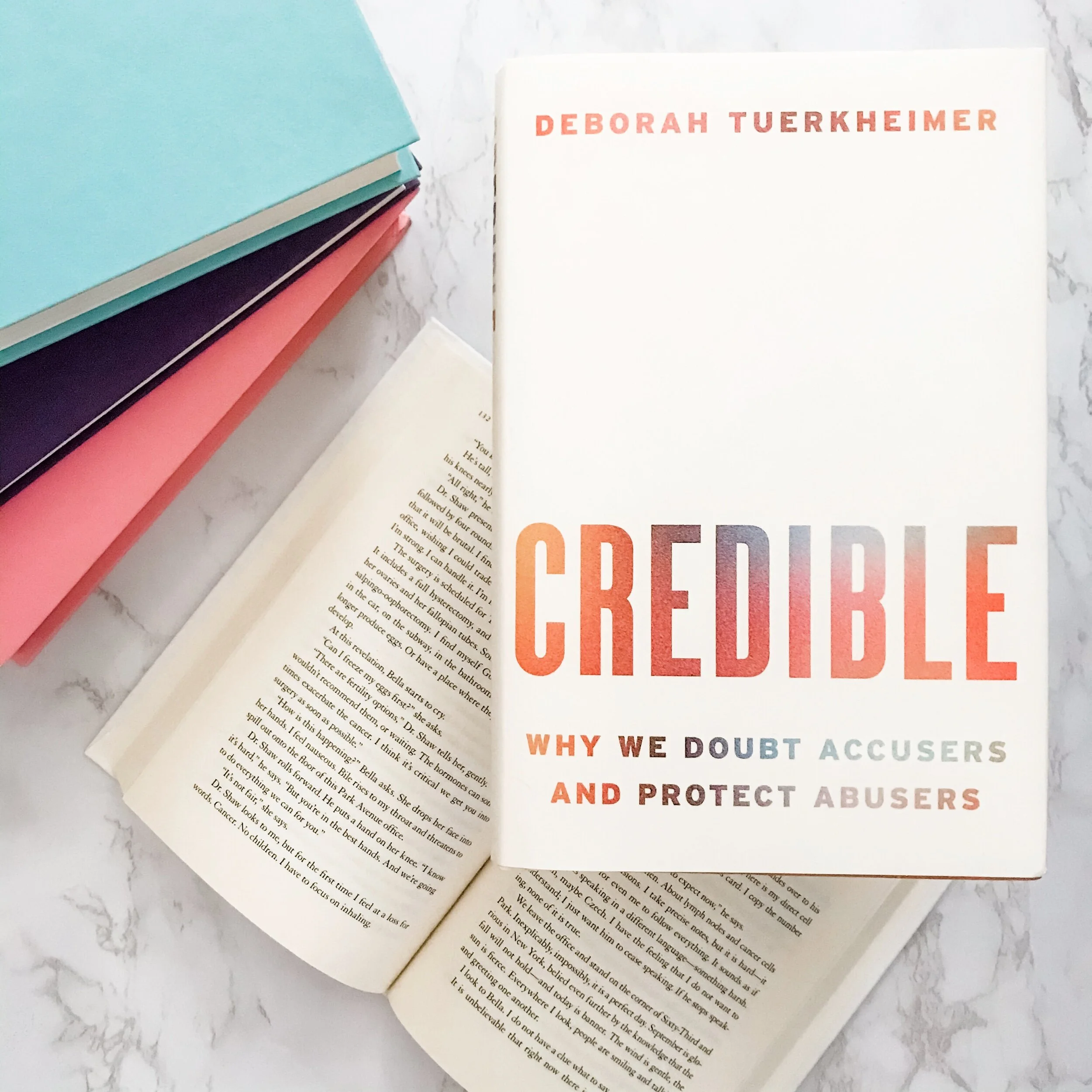Credible
Thank you Harper Wave and Bibliolifestyle for this gifted copy and having me on your tour.
Credible is a very readable and accessible to people who are not familiar with the specifics of the criminal justice system. The author does reference academic research, but these references flow easily with the text and are not weighed down by jargon. It is a book that will (and should) make you angry, since a number of situations are explained in detail how sexual assault victims have been painfully failed by the rest of us. I would highly recommend it to anyone who wants to know more about the barriers that we as a society and culture have put in place that prevent us from responding effectively to sexual assault in our communities.
In this landmark book, a former prosecutor, legal expert, and leading authority on sexual violence examines why we are primed to disbelieve allegations of sexual abuse—and how we can transform a culture and a legal system structured to dismiss accusers
Sexual misconduct accusations spark competing claims: her word against his. How do we decide who is telling the truth? The answer comes down to credibility. But as this eye-opening book reveals, invisible forces warp the credibility judgments of even the well- intentioned among us. We are all shaped by a set of false assumptions and hidden biases embedded in our culture, our legal system, and our psyches.
In Credible, Deborah Tuerkheimer provides a much-needed framework to explain how we perceive credibility, why our perceptions are distorted, and why these distortions harm survivors. Social hierarchies and inequalities foster doubt that is commonplace and predictable, resulting in what Tuerkheimer calls the “credibility discount”—our dismissal of claims by certain kinds of speakers—primarily women, and especially those who are more marginalized.
The #MeToo movement has exposed how victims have been badly served by a system that is designed not to protect them, but instead to protect the status quo. Credibility lies at the heart of this system. Drawing on case studies, moving first-hand accounts, science, and the law, Tuerkheimer identifies widespread patterns and their causes, analyzes the role of power, and examines the close, reciprocal relationship between culture and law—guiding us toward accurate credibility judgments and equitable treatment of those whose suffering has long been disregarded.
#MeToo has touched off a massive reckoning. To achieve lasting progress, we must shift our approach to belief. Credible helps us forge a path forward to ensuring justice for the countless individuals affected by sexual misconduct.







